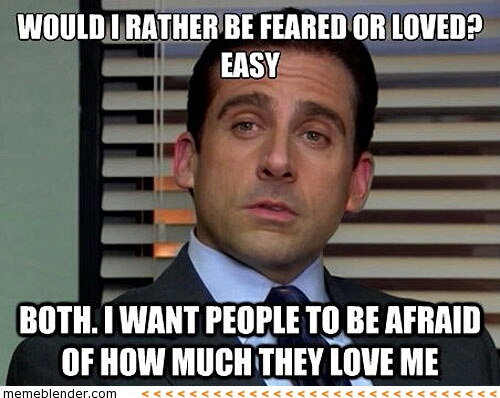1. Independent reading- First 10 minutes.
2. Review and Revision of the first draft of your literary analysis on power.
Color coding your draft for CONTENT:
BLUE: Where you are addressing the
WHAT?
What is your conclusion? What occurs? What do you see?
GREEN: Where you are addressing the
HOW?
How do the conclusions occur? How is this specifically seen? How does this illustrate your argument? How does this point connect to another text? How does a literary device achieve the purpose of the text/meaning? How does meaning occur?
RED: Where you are addressing the
WHY?
Why do you think this is important? Why do you think the author is doing this? Why does this occur in this text?
We are currently looking at how you address the text. With every WHAT . . . you need to pair it with a minimum of one HOW . . . and an accompanying WHY. You may have to make some adjustments or move things around. You most likely will have to add, but possibly subtract.
- Once you have addressed the content of the writing... making sure that you have a matched up "what, how, and why," you are going to look to writing structure.
STRUCTURE checklist:
1. Do you have a topic sentence to start your analysis? Think about what you are introducing in the writing you have just done.
2. Are you pleased with the order of your evidence? Does it appear in an order that is thoughtful? Rational?
3. Are you using transitions between your ideas and the different purposes that are addressed above?
4. Do you have a conclusion statement wrapping up what your argument is... or the significance of it?
5. Have you double checked your SPELLING? SENTENCE STRUCTURE? CAPITALIZATION? PUNCTUATION?
6. Do you have the MLA heading? Header (name and page number?) Title?
3. Your revised draft needs to be printed off and stapled on top of the color coded draft. This is due
FRIDAY, January 11th at the beginning of class. This needs to be printed off BEFORE CLASS. You will not be excused to go print.




